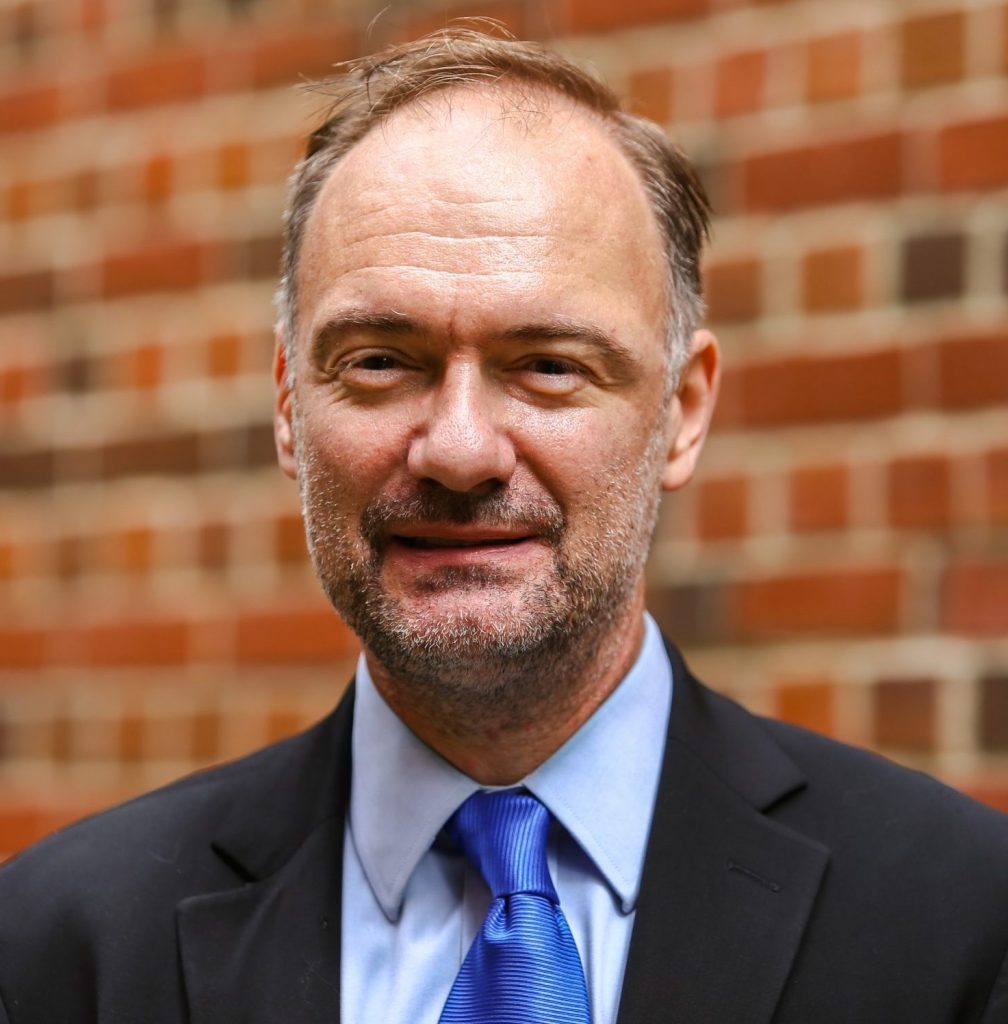בינלאומיות בפקולטה
חילופי סטודנטים, GLP ותואר שני בינלאומי
Global Law Program
Semester 1
This course provides a general introduction to the law and to the study of law. Students will become acquainted with the main fields of law: private law, criminal law, constitutional and administrative law. Specific attention will be paid to the basic differences between common law and civil law systems and to the relationship between national laws and European law. Besides the study and discussion of literature, students will train specific legal skills, such as the use of statutes, the analysis of judgments and the solution of legal cases. This course seeks to:
- Harmonize levels of understanding of law among lawyers and economists
- Facilitate among lawyers from various countries an understanding of basic legal concepts and doctrines across legal systems
- Introduce both lawyers & economists to legal concepts and methods that are instrumental in the field of law and economics.

Dr. Omer Kimhi
University of Haifa
Mrs. Jacki Silbermann
University of Haifa
- 28/09/23 13:00-17:00
- 11/10/23 12:00-16:00
- 18/10/23 12:00-14:00
- 19/10/23 16:00-19:30
- 22/10/23 16:00-19:30
- 24/10/23 16:00-19:30
- 25/10/23 14:00-16:00

Dr. Hila Nevo
University of Haifa
- 08/10/2308:30-12:00
- 10/10/2308:30-12:00
- 12/10/2308:30-12:00
- 15/10/2308:30-12:00
- 16/10/2308:30-12:00
- 18/10/2308:30-12:00
- 23/10/2308:30-12:00
- 22/10/2308:30-12:00
- 30/10/2308:30-12:00

Prof. Alessandro Pomelli
Bologna University Italy
- 25/10/2316:00-19:30
- 26/10/2316:00-19:30
- 29/10/2309:00-12:30
- 30/10/2316:00-19:30
- 01/11/2316:00-19:30
- 02/11/2316:00-19:30

Prof. Jaroslaw Beldowski
University of Warsaw
Dr. Hila Nevo
University of Haifa

- 12/11/2312:00-16:00
- 13/11/2312:00-16:00
- 14/11/2312:00-16:00
- 15/11/2316:00-19:00
- 16/11/2314:00-17:00
- 19/11/2312:00-16:00
- 20/11/2310:00-13:00
- 28/11/2312:00-16:00
- 29/11/2208:30-12:00
- 06/11/2308:30-12:00
- 12/12/2308:30-12:00
- 13/12/2312:00-16:00

Dr. Roee Sarel
Hamburg University, Germany
- 15/11/2310:00-14:00
- 16/11/2310:00-13:00
- 17/11/2309:00-12:30
- 20/11/2316:00-19:30
- 21/11/2310:00-13:00
- 22/11/2310:00-12:00
- 14/12/2310:00-12:00

Prof. Sacha Bourgeois-Gironde
University of Haifa
- 06/12/2314:00-17:00
- 13/12/2314:00-17:00
- 20/12/2314:00-17:00
- 27/12/2314:00-17:00
- 03/01/2414:00-17:00
- 10/01/2414:00-17:00
The course introduces game-theoretical approaches to legal analysis. No previous knowledge in game-theory is needed. Yet, in the end, the students will have been acquainted with some core concepts of cooperative and non-cooperative game-theory through their application to a variety of legal issues in several domains of law. The course will follow this order.
- Criminal deterrence (credible threats in extensive form games)
- The dynamics of marriage and divorce (Gale-Shapley matching algorithm / Nash bargaining model)
- Corruption and the limits of asymmetric criminalization (extensive form games, subgame perfect equilibrium)
- Governmental accountability and the optimal level of public transparency (principal-agent models)
- Separation of powers and the constitutional non-delegation principle (power indices)
- Linguistic rights in multilingual societies (conversation games).

Prof. Sacha Bourgeois-Gironde
University of Haifa
- 31/12/2314:00-17:00
- 02/01/2414:00-17:00
- 04/01/2414:00-17:00
- 07/01/2414:00-17:00
- 09/01/2414:00-17:00
- 11/01/2414:00-17:00

Prof. Bernard Black
- 03/01/2416:00-19:30
- 07/01/2416:00-19:30
- 16/01/2416:00-19:30
Semester 2

Prof. Anthony Julius
- 24/06/2416:00-19:30
- 26/06/2416:00-19:30
- 27/06/2416:00-19:30
- 01/07/2416:00-19:30
- 03/07/2416:00-19:30
- 04/07/2416:00-19:30

Prof. Veronika Fikfak
University of Copenhagen
- 16/05/2416:00-19:30
- 19/05/2416:00-19:30
- 21/05/2416:00-19:30
- 23/05/2416:00-19:30
- 27/05/2416:00-19:30
- 29/05/2416:00-19:30

Prof. Jane Bambauer
University of Arizona USA
Prof. Derek Bambauer
University of Arizona USA

- 26/05/2416:00-19:30
- 28/05/2416:00-19:30
- 30/05/2416:00-19:30
- 02/06/2416:00-19:30
- 04/06/2416:00-19:30
- 06/06/2416:00-19:30
This course covers the law and regulation of investing and securities markets, such as the Tel Aviv Stock Exchange. The chief objective of the course is to provide students with an introduction to the theory underlying securities regulation, as well as its practical implementation, especially in the United States. Topics to be covered include: Mandatory disclosure; securities fraud; insider trading; shareholder power; and investment crowdfunding.

Prof. Andrew A. Schwartz
University of Colorado
- 15/05/2416:00-19:30
- 16/05/2416:00-19:30
- 19/05/2416:00-19:30
- 21/05/2416:00-19:30
- 23/05/2416:00-19:30
- 26/05/2416:00-19:30

